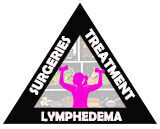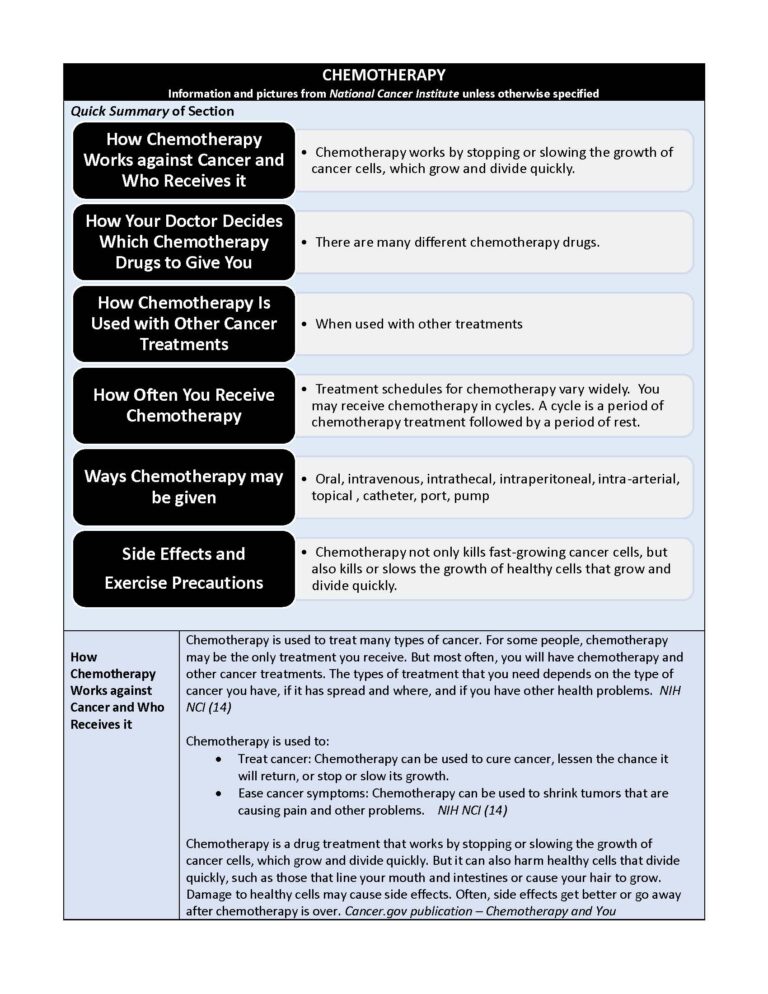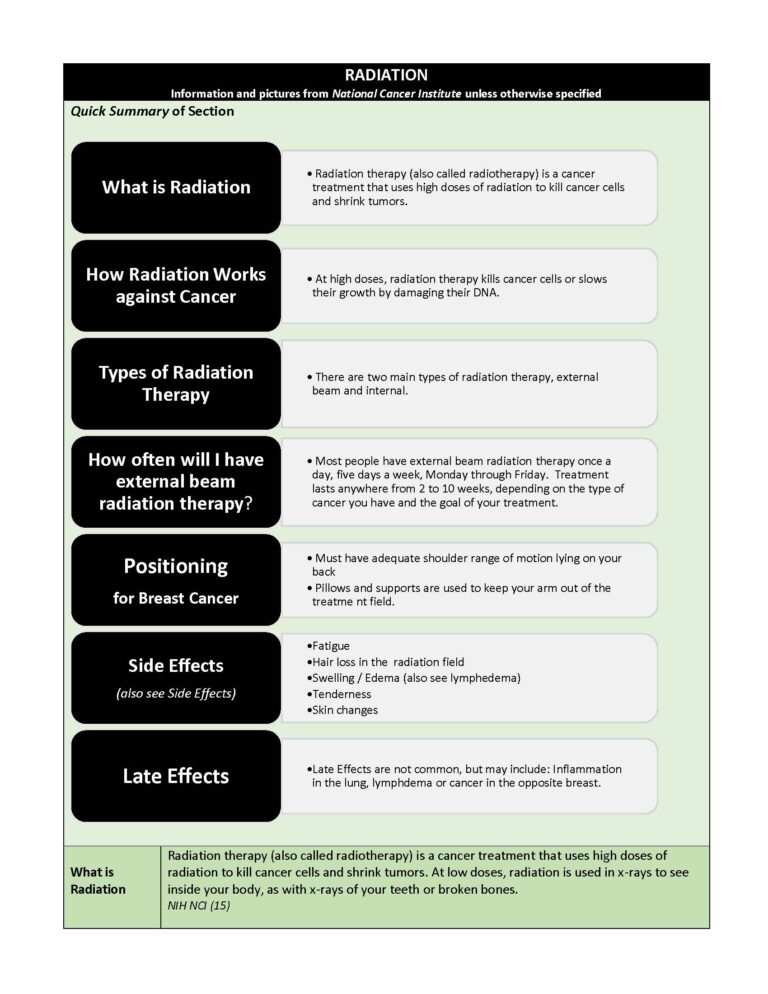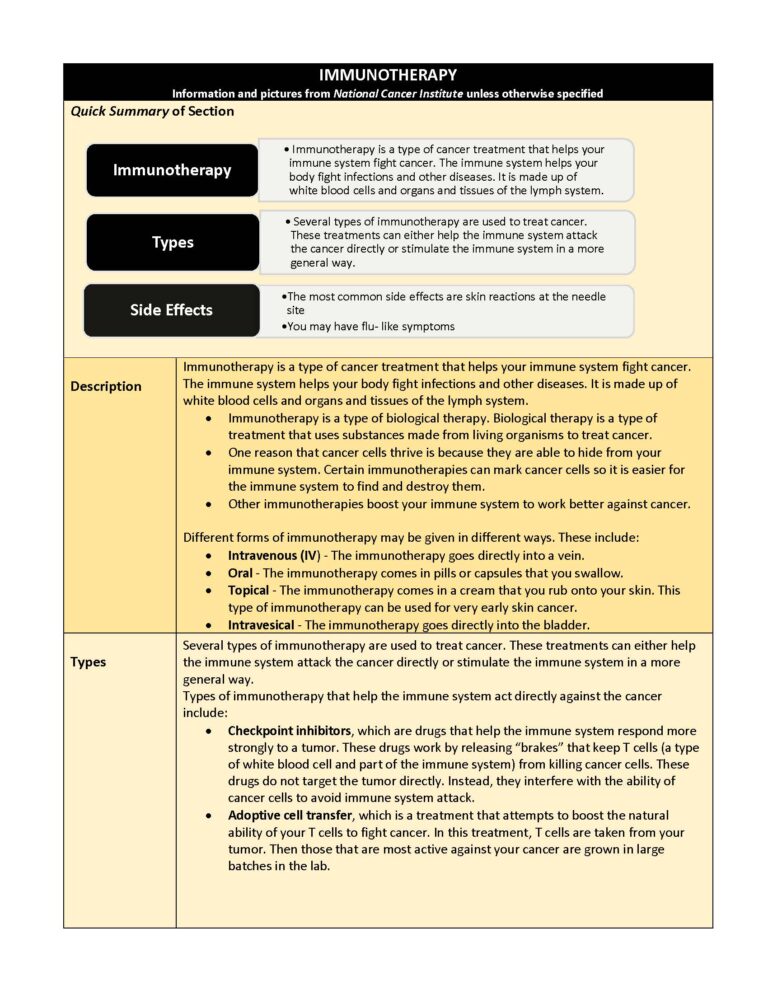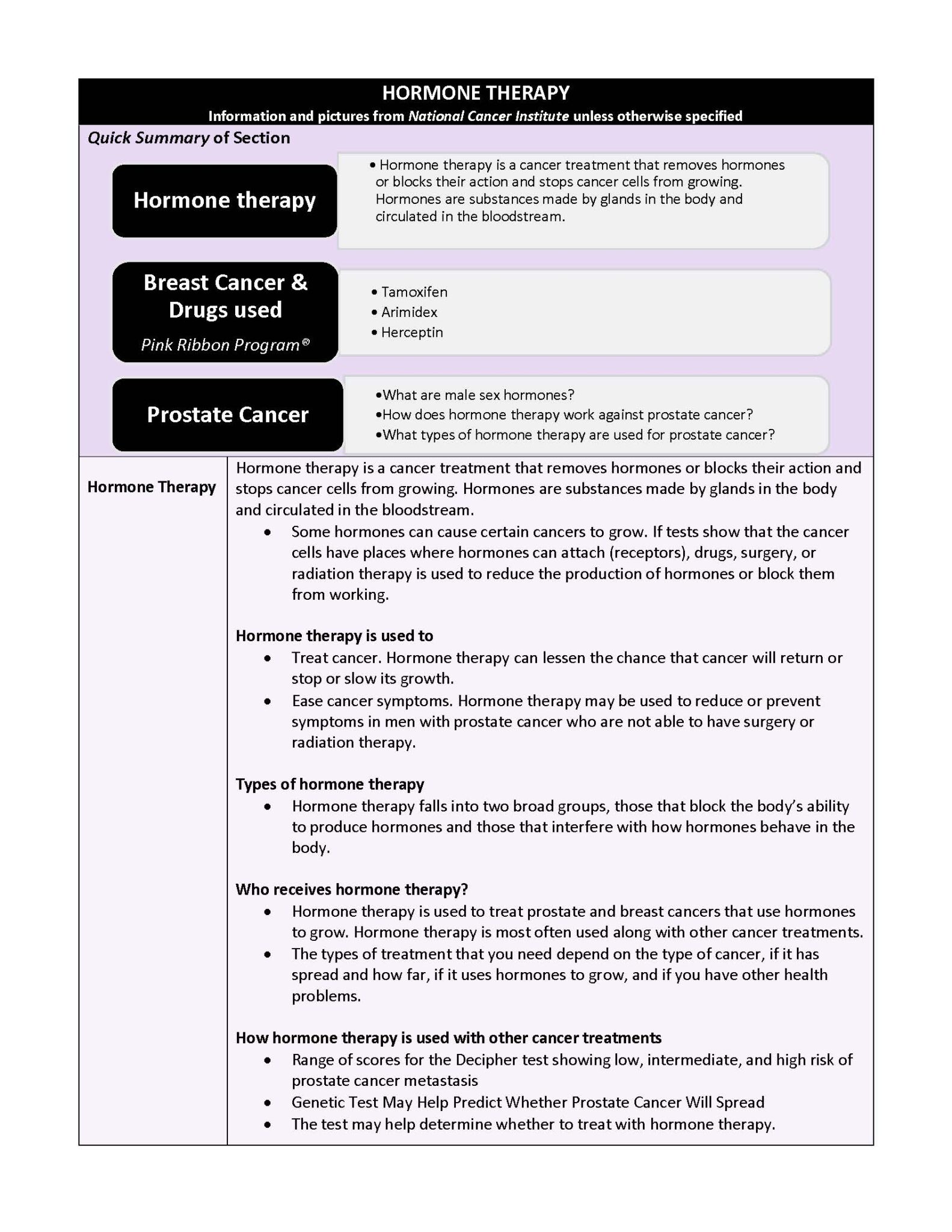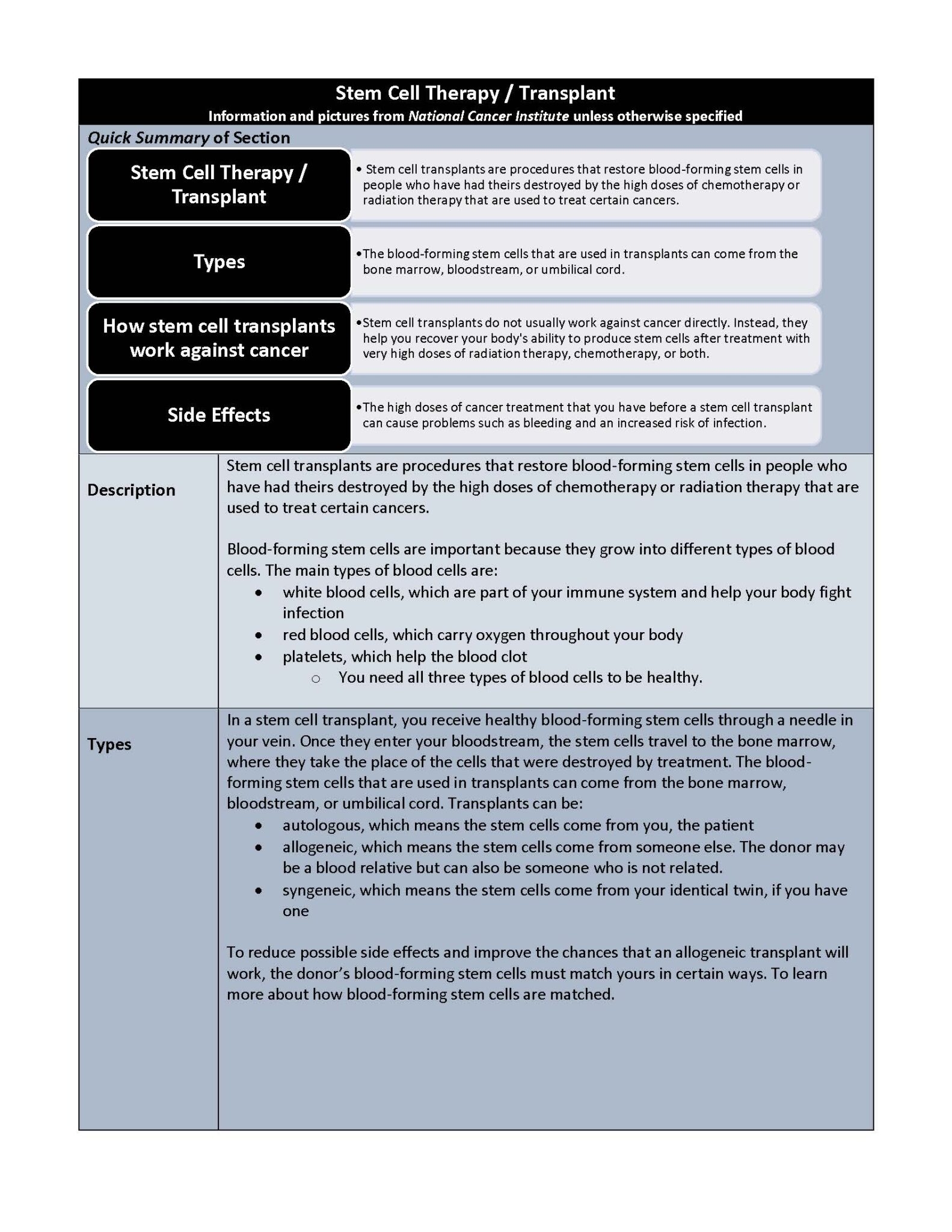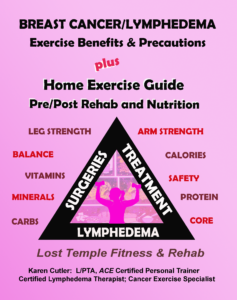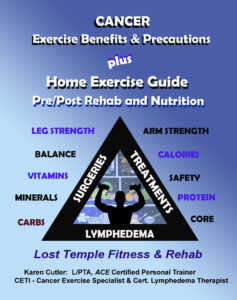Cancer Treatments
Your Body is Your Temple
Research, Resources & Education
Table of Contents
Cancer is a complex disease with various forms and stages, which require different types of treatment. The options available for cancer treatment depend on the type of cancer and the stage at which it is detected. Therefore, the treatment plan varies from person to person. These treatment options may include but are not limited to surgery, radiation therapy, and chemotherapy, which is often used in conjunction with each other. Additionally, targeted therapy, hormone therapy, and immunotherapy may also be viable options.
Information and pictures from National Cancer Institute unless otherwise specified
Chemotherapy is used to treat many types of cancer. For some people, chemotherapy may be the only treatment you receive. But most often, you will have chemotherapy and other cancer treatments.
Radiation therapy (also called radiotherapy) is a cancer treatment that uses high doses of radiation to kill cancer cells and shrink tumors..
Immunotherapy is a type of cancer treatment that helps your immune system fight cancer. The immune system helps your body fight infections and other diseases. It is made up of white blood cells and organs and tissues of the lymph system.
Targeted therapy is a type of cancer treatment that targets proteins that control how cancer cells grow, divide, and spread.
Hormone therapy is a cancer treatment that removes hormones or blocks their action and stops cancer cells from growing. Hormones are substances made by glands in the body and circulated in the bloodstream. ty
Stem cell transplants are procedures that restore blood-forming stem cells in people who have had theirs destroyed by the high doses of chemotherapy or radiation therapy that are used to treat certain cancers.
Other therapies that include ablation, active surveillance, embolization therapy, radioactive iodine and steroid therapy.
Side effects and late side effects of treaatments, cancer and surgeries
Late side effects include possible hearing loss, eye problems, joint changes and issues with the heart.
References
| TREATMENT | SPECIFIC | COMPANY |
|---|---|---|
| Chemotherapy | Chemotherapy and You | Cancer.gov Publication |
| Chemotherapy | General | CETI: Cancer Exercise Training Institute |
| Chemotherapy | Chemotherapy to Treat Cancer | National Cancer Institute |
| Radiation | Radiation Therapy to Treat Cancer | National Cancer Institute |
| Radiation | Radiation Therapy and You | National Cancer Institute |
| Targeted Therapy | Targeted Therapy for Breast Cancer | National Cancer Institute |
| Targeted Therapy | Targeted Therapy to Treat Cancer | National Cancer Institute |
| Hormone Therapy | Hormone Therapy to Treat Cancer | National Cancer Institute |
| Hormone Therapy | Hormone Therapy for Prostate Cancer | National Cancer Institute |
| Hormone Therapy | Hormone Therapy for Breast Cancer | National Cancer Institute |
| Hormone Therapy | General - Breast Cancer | Pink Ribbon Program® |
| Stem Cell | Stem Cell Transplants in Cancer Treatment | National Cancer Institute |
Disclaimer: The information in this book/website is for educational purposes only and has been obtained through research, publications and personal experience, and shall not be liable for incorrect information. Any mentioned publications or websites does not imply endorsement. As this industry is ever changing, I urge readers to confirm the information contained in this book/website. The author will not be liable for any injuries sustained from practicing techniques taught or for any typographical errors or omissions.
It is advised that you always check with your medical doctor or physical therapist before starting an exercise program or change in diet.
|
Information and pictures from National Cancer Institute unless otherwise specified |
